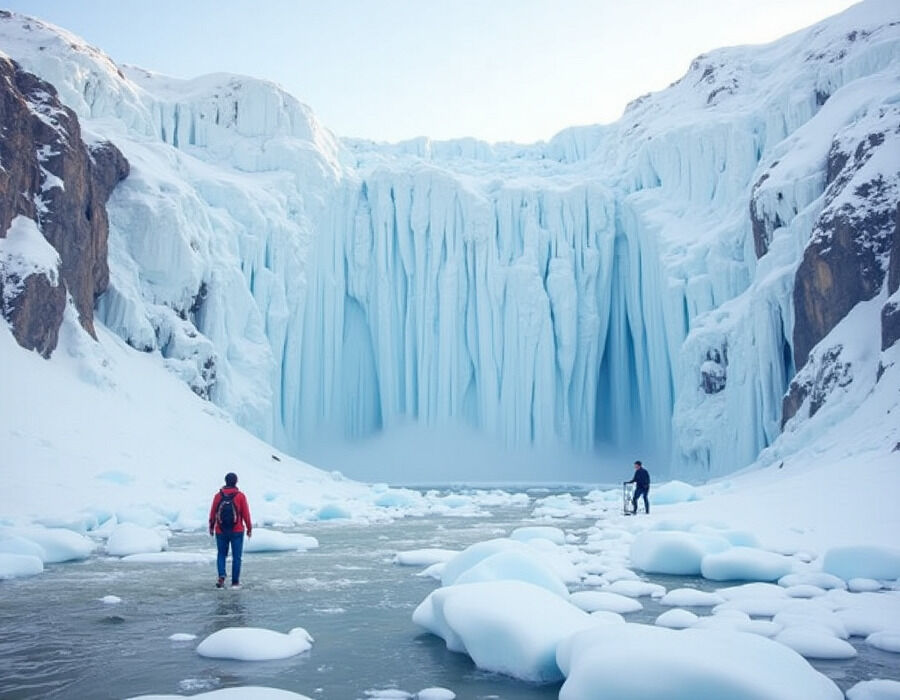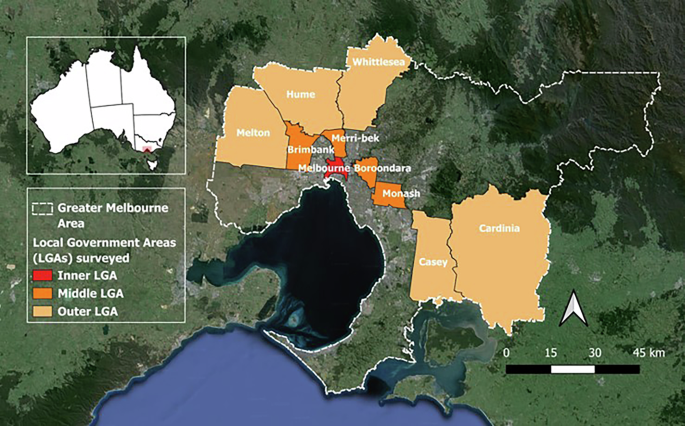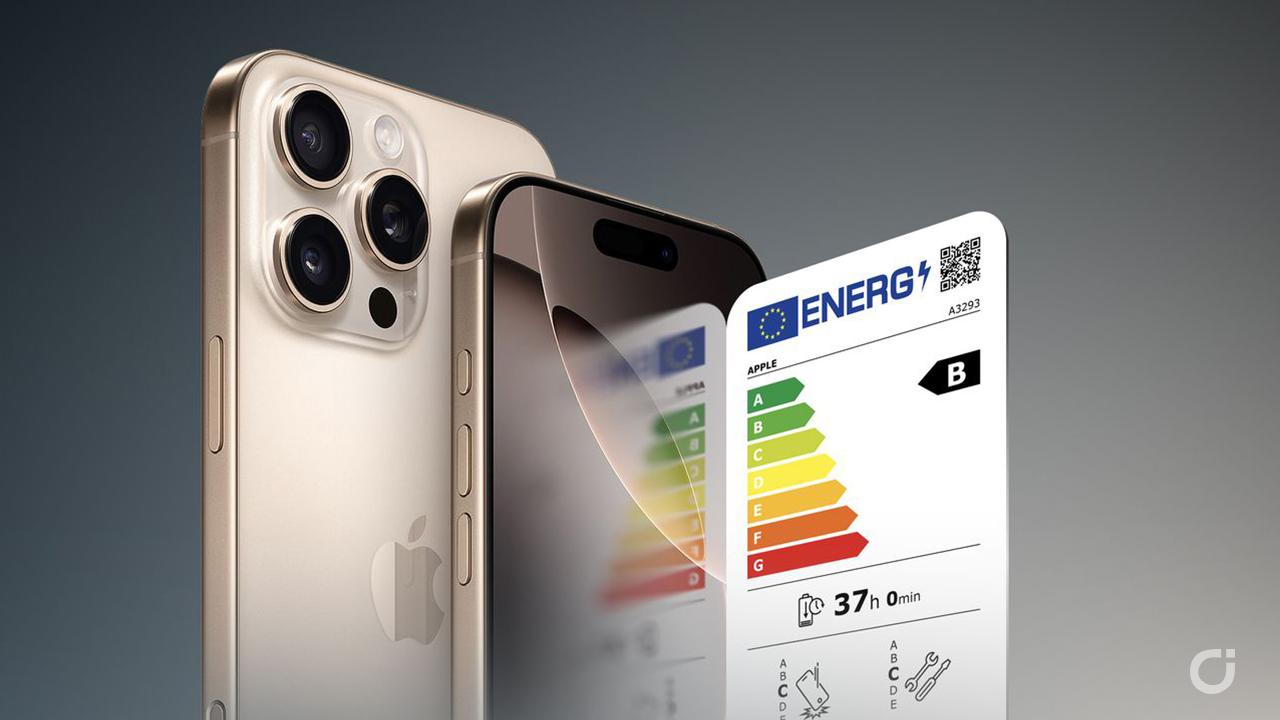A towering gold mine dump, locally known as the “yellow mountain,” has been polluting the Snake Park neighbourhood in Soweto for decades, leading to severe health issues and poisoning communities.
Studies confirm that the yellow dust emanating from the dump contains toxic substances such as arsenic, lead, and uranium, a hazardous legacy of Johannesburg’s 1880s gold rush.
Since 2017, the local Snake Park Cerebral Palsy Forum has documented at least 15 cases of children born with the condition, alongside many others with deformations and disabilities.
Residents like Lilly Stebbe, foster mother to 13-year-old Okuhle, who suffers from cerebral palsy, asthma, and eye problems, directly attribute these ailments to the mine’s pollution.
David van Wyk, lead researcher at the Benchmark Foundation, a watchdog group, warns that the dust can cause various cancers and even alter DNA, leading to birth deformities. He estimates that 15 to 20 million South Africans live near such toxic pollution, with about 50,000 residing in Snake Park and Mountain View alone.
Ongoing tests by van Wyk’s team reveal that water flowing from the dump, which contains uranium, strontium, copper, arsenic, and lead, is unfit for drinking and flows into local maize fields and pastures, with some residents reporting deformed livestock.

Pan African Resources, which acquired the mine in 2022 after its previous owner failed to rehabilitate the site, acknowledges the pollution has been ongoing for at least 50 years.
Sonwabo Modimoeng, the company’s community relations manager, stated their commitment to “remove it completely” within “a maximum of 10 years” and advised people to avoid the area, installing warning signs. However, community activist Thokozile Mntambo, leading the NGO Bambanani, demands immediate action, stressing that “Every day, the dust contaminates people.”
The dire situation is exacerbated by inadequate support for affected families.
Baile Bantseke blames the “mountain” for her five-year-old grandson Mphoentle’s autism, citing studies linking the condition to environmental pollutants.
Monthly grants of 2,310 rands ($130) for families with disabled children are barely sufficient for basic needs and do not cover transport to distant hospitals.
Kefilwe Sebogodi, founder of the Snake Park Cerebral Palsy Forum, highlights the lack of essential equipment like wheelchairs. Despite these immense challenges, the community support group provides a vital lifeline, with Sebogodi affirming their resilience: “We are still standing.”










